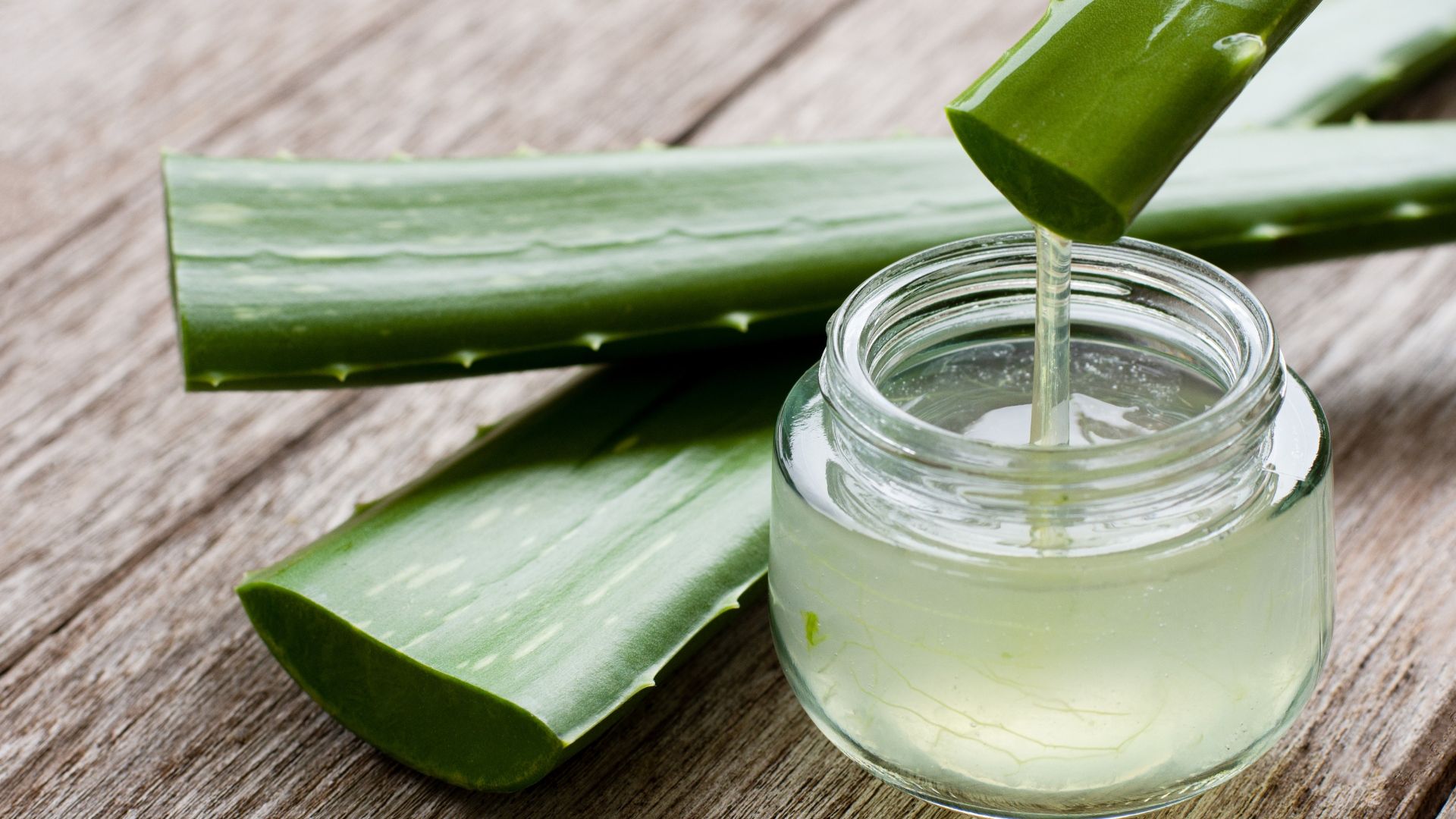Can Aloe vera help heal IBD
Jun 17, 2025
Evidence, benefits and how to choose the right product
If you're living with inflammatory bowel disease (IBD) such as Crohn’s disease or ulcerative colitis, inflammation, discomfort and unpredictable symptoms can make daily life challenging. Conventional medical treatments typically aim to reduce inflammation and manage flare-ups, but many people also explore natural methods to support their recovery. Aloe vera is one such natural remedy often recommended, but can it really help, and if so, how do you select the right product?
How Aloe vera supports digestive health
Aloe vera has been traditionally used for centuries due to its anti-inflammatory and healing properties. Modern scientific evidence suggests it could benefit those with IBD in several ways:
Anti-inflammatory effects: Aloe vera contains polysaccharides such as acemannan, shown in research to reduce inflammation within the digestive system.
Healing the intestinal lining: Aloe vera may support the repair and integrity of the intestinal barrier, reducing problems like increased intepstinal permeability (often referred to as leaky gut).
Symptom relief: Some studies have found Aloe vera juice helpful for improving symptoms in mild to moderate ulcerative colitis, such as reducing stool frequency, urgency and discomfort.
Soothing and hydrating properties: The cooling and gel-like consistency of Aloe vera can coat the digestive tract, providing relief from irritation and discomfort.
Balancing the microbiome: Early research suggests that Aloe vera may help support a healthy balance of intestinal bacteria, reducing inflammation associated with immune responses.
A significant study published in Alimentary Pharmacology & Therapeutics in 2004 found that patients with mild to moderate ulcerative colitis who took Aloe vera gel showed noticeable improvement in symptoms compared to a placebo group. While more research is needed, these findings are encouraging and suggest Aloe vera could be helpful for calming IBD.
How to choose the right Aloe vera juice for IBD
Not all Aloe vera juice is suitable, especially for people with sensitive digestive systems. It is important to choose carefully:
Only use “inner leaf” products: The whole-leaf versions contain high amounts of aloin, a natural laxative which can irritate the colon and worsen symptoms. Always select an inner leaf product.
Choose pure Aloe vera: Avoid juices that contain artificial additives, preservatives or stabilisers such as propylene glycol (E1520).
Select preservative-free or naturally preserved juices: Look for brands using natural preservatives like vitamin C (ascorbic acid) or citric acid.
Go for organic and cold-processed options: Organic, cold-processed Aloe vera juice retains more beneficial compounds that help reduce inflammation.
Recommended Aloe vera juice
Here are three Aloe vera juices widely available in the UK which meet the above criteria:
Pukka organic Aloe vera juice: Organic, cold-processed, inner leaf gel and no artificial preservatives or additives.
Lily of the Desert Aloe vera juice: Inner leaf Aloe vera, without propylene glycol, artificial stabilisers or preservatives.
Optima Aloe vera juice maximum strength: Popular UK brand using inner leaf gel and avoiding unnecessary additives.
How to use Aloe vera juice safely
- Start slowly, around 30 to 50 ml per day, diluted in water or added to juice.
- Take it before meals, ideally on an empty stomach, for the best effects.
- Use consistently for four or more weeks to see if it helps improve your symptoms.
- If you experience any laxative effects, reduce the dosage and check it’s inner leaf gel.
While Aloe vera juice can offer benefits, it isn't suitable for everyone. Important contraindications include:
- Avoid it if you have known allergies to plants from the lily family (e.g. garlic, onions).
- Do not take it internally if pregnant or breastfeeding, as its safety in pregnancy has not been established.
- If you have diabetes Aloe vera may lower your blood sugar and interact with diabetes medications, so be cautious.
- Avoid it if you have kidney disease, as it might worsen kidney-related issues.
- If you're scheduled for surgery, stop taking Aloe vera at least two weeks beforehand.
Consult your doctor or nutritional therapist before starting Aloe vera juice if you're taking medications or have existing health conditions.
Aloe vera and your IBD recovery plan
My client Jane, who struggled with ulcerative colitis for several years, decided to try Aloe vera. She carefully chose a high-quality inner leaf juice and took a measured amount daily. Within a few weeks, Jane noticed her symptoms improving. Her colon felt calmer. Of course, this wasn’t the only thing she did but was an important part of her recovery.
Aloe vera is not a cure-all, but research and personal experiences suggest it can be a valuable part of a recovery strategy. Selecting a high-quality inner leaf Aloe vera juice, free of artificial additives, is essential to gain maximum benefit.
If you’re taking medication for IBD, discuss your plans with your doctor or nutritional therapist to ensure Aloe vera is safe and suitable for your specific situation.
Would you like some guidance in choosing the best Aloe vera product or integrating it into your natural recovery plan? Let’s talk about how it can support your digestive healing as part of an overall personalised IBD healing protocol.
Do you have a webinar or free/paid event coming up soon? Mention it here so that people click through to the registration page
Stay connected with news and updates!
Join our mailing list to receive the latest news and updates from our team.
Don't worry, your information will not be shared.
We hate SPAM. We will never sell your information, for any reason.

